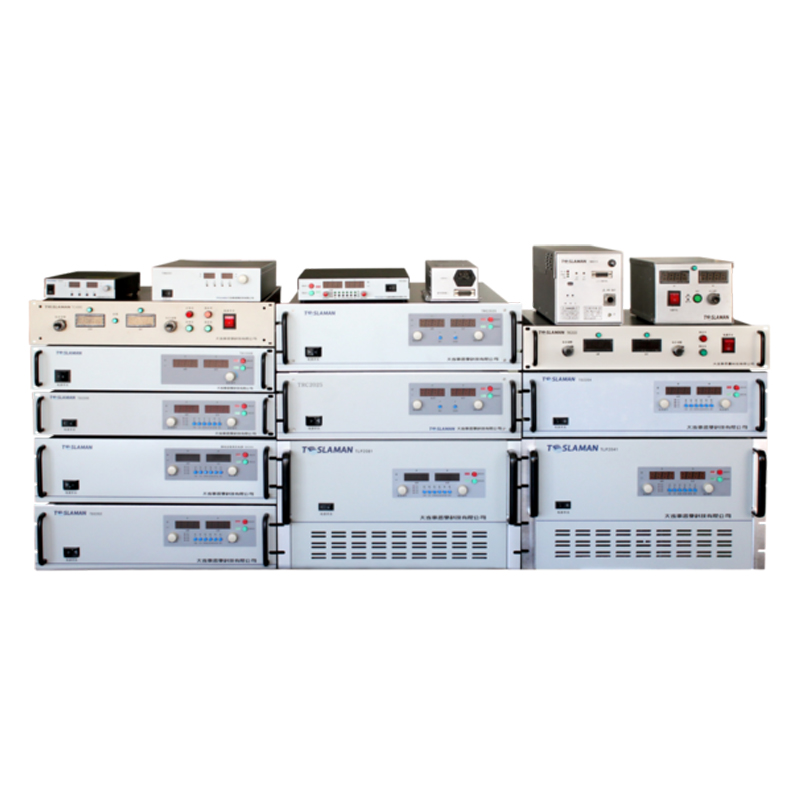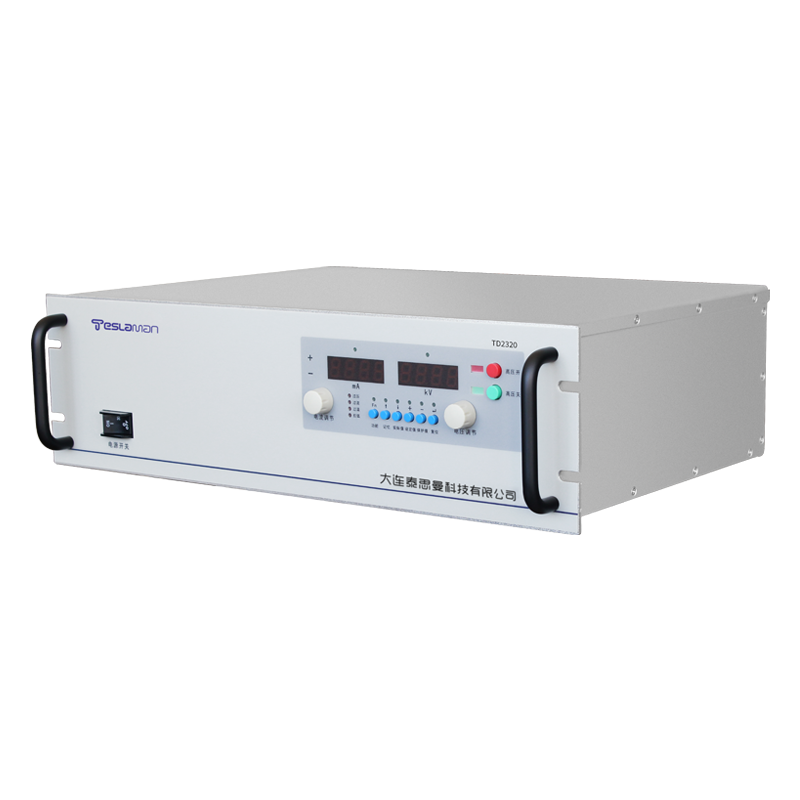Application and Effectiveness Evaluation of High-Voltage AC Power Systems in Electromagnetic Compatibility Testing
I. Introduction
With the rapid development of modern electronic technology, electromagnetic compatibility (EMC) has become a crucial issue that electronic devices must face. Electromagnetic compatibility testing aims to assess whether electronic devices can operate normally in complex electromagnetic environments without causing interference to other devices. As an important component of many electronic devices, the application and effectiveness evaluation of high-voltage AC power systems in electromagnetic compatibility testing are of great significance.
II. Application of High-Voltage AC Power Systems in Electromagnetic Compatibility Testing
1. Simulating Actual Working Environments
High-voltage AC power systems can simulate various voltage fluctuations, surges, and other electromagnetic interferences that electronic devices may encounter in actual work conditions. By introducing these interferences into the testing environment, the anti-interference capability of electronic devices can be more accurately assessed.
2. Providing Stable Testing Power Sources
During electromagnetic compatibility testing, a stable and reliable power system is required to ensure the accuracy of test results. High-voltage AC power systems can provide stable and controllable output voltages to meet different testing needs.
3. Constructing Complex Testing Scenarios
By combining multiple high-voltage AC power systems, complex electromagnetic environment testing scenarios can be constructed, such as multiple devices working simultaneously, mutual interference between devices, etc. This helps to comprehensively evaluate the electromagnetic compatibility performance of electronic devices in actual use.
III. Effectiveness Evaluation of High-Voltage AC Power Systems in Electromagnetic Compatibility Testing
1. Anti-Interference Capability Assessment
By introducing various electromagnetic interferences generated by high-voltage AC power systems, the working stability of electronic devices under different interference conditions can be evaluated. For example, whether the device can maintain normal operation when the power voltage fluctuates; whether it can quickly recover from extreme interferences such as lightning surges.
2. Radiation and Conducted Interference Assessment
High-voltage AC power systems may generate radiation and conducted interferences during operation. Through specialized testing equipment and methods, the strength and spectrum characteristics of these interferences can be measured, and their impact on surrounding electronic devices can be evaluated. This is of great significance for optimizing the design and layout of electronic devices.
3. Compatibility Improvement Guidance
Through the effectiveness evaluation of high-voltage AC power systems in electromagnetic compatibility testing, electromagnetic compatibility issues existing in the design or manufacturing process of electronic devices can be identified. These issues may involve circuit design, component selection, shielding and grounding, among others. Proposing improvement measures based on these issues can effectively enhance the electromagnetic compatibility performance of electronic devices.
IV. Conclusion and Outlook
High-voltage AC power systems play an important role in electromagnetic compatibility testing. They not only simulate various electromagnetic interferences in actual working environments but also provide stable and reliable testing power sources and construct complex testing scenarios. Through the effectiveness evaluation of high-voltage AC power systems in electromagnetic compatibility testing, the anti-interference capability, radiation and conducted interference situation of electronic devices can be comprehensively understood, and strong guidance for compatibility improvement can be provided.
Looking ahead, with the continuous development and improvement of electromagnetic compatibility testing technology, high-voltage AC power systems will play an even more important role in more fields. For example, in areas with high reliability requirements such as aerospace and military communications, the electromagnetic compatibility performance of high-voltage AC power systems will directly affect the stability and safety of the entire system. Therefore, continuously researching and optimizing the electromagnetic compatibility performance of high-voltage AC power systems is of great significance.




















